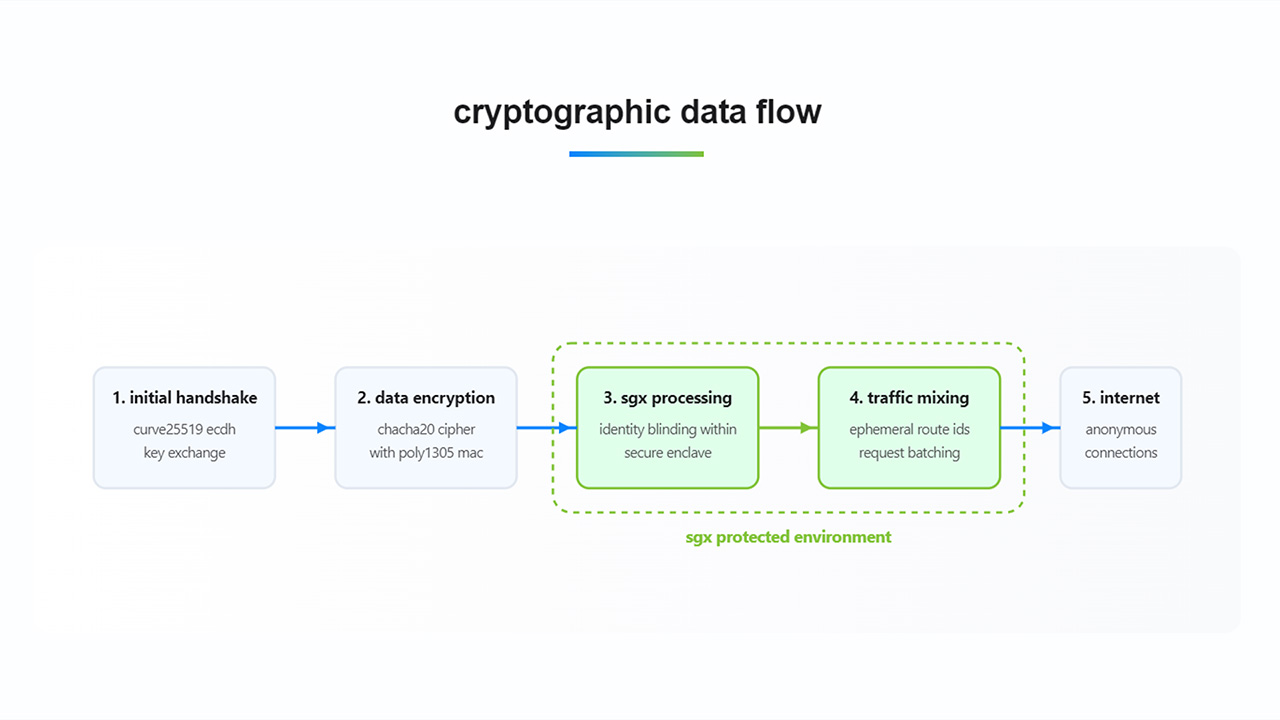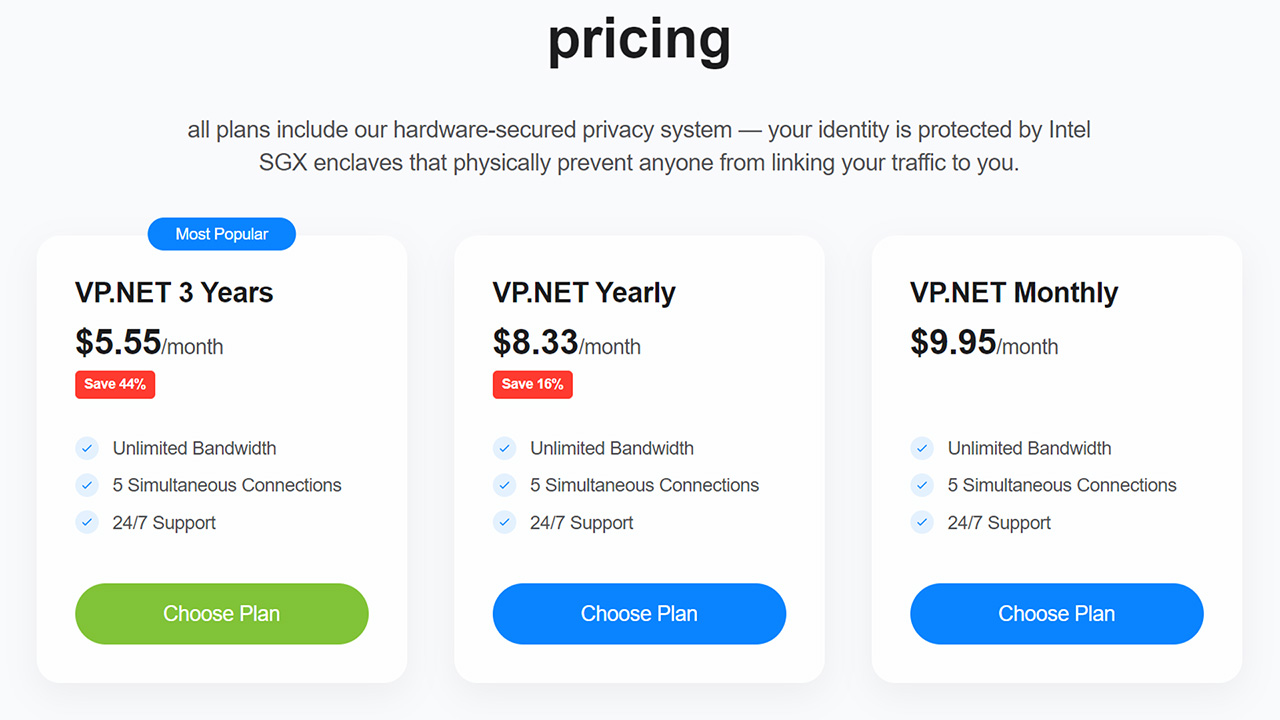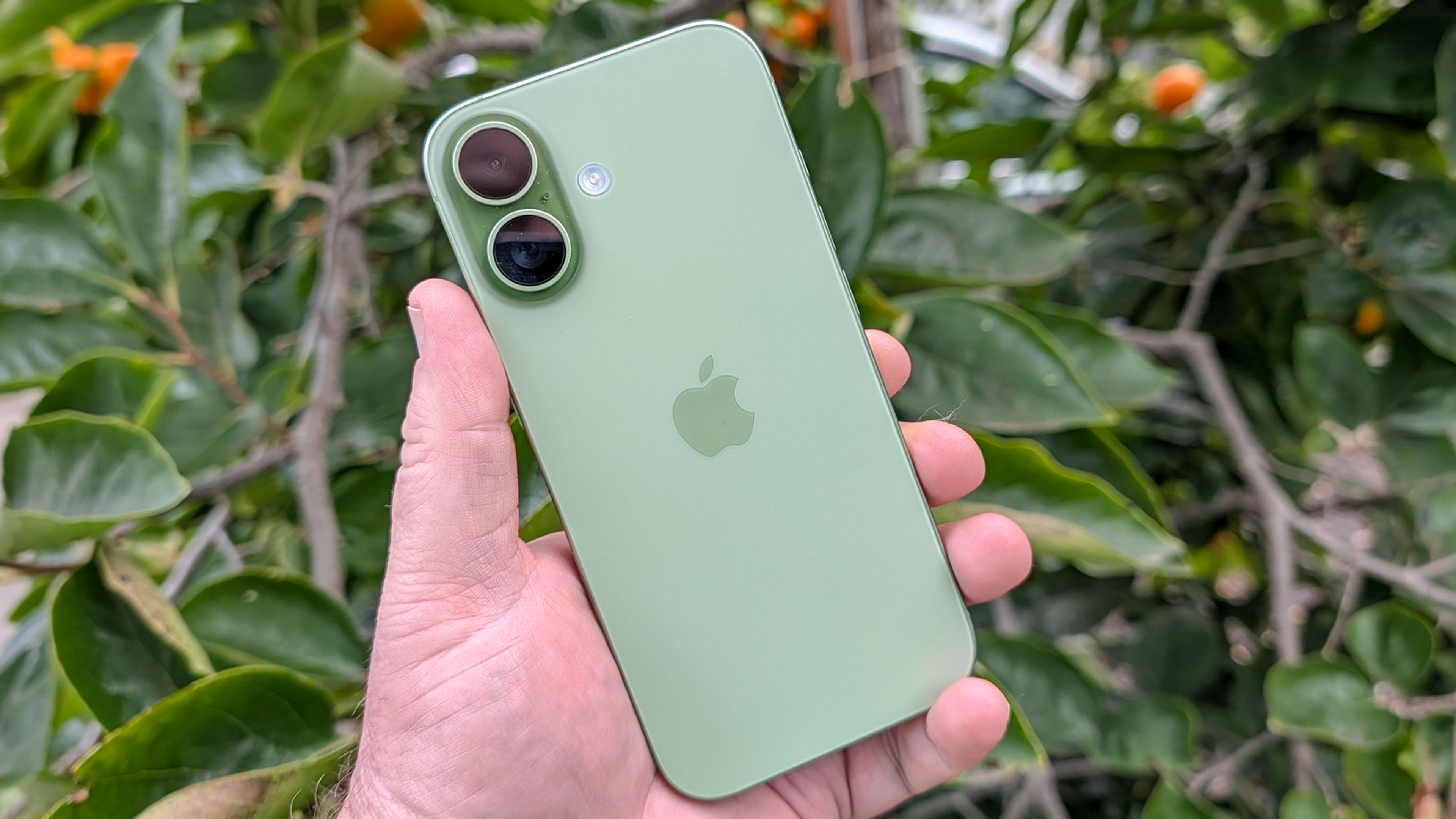'Don't trust, verify' – newly launched VP.NET wants to change the VPN industry forever
The provider says it's the only VPN that can't spy on you

Here at Tom’s Guide our expert editors are committed to bringing you the best news, reviews and guides to help you stay informed and ahead of the curve!
You are now subscribed
Your newsletter sign-up was successful
Want to add more newsletters?

Daily (Mon-Sun)
Tom's Guide Daily
Sign up to get the latest updates on all of your favorite content! From cutting-edge tech news and the hottest streaming buzz to unbeatable deals on the best products and in-depth reviews, we’ve got you covered.

Weekly on Thursday
Tom's AI Guide
Be AI savvy with your weekly newsletter summing up all the biggest AI news you need to know. Plus, analysis from our AI editor and tips on how to use the latest AI tools!

Weekly on Friday
Tom's iGuide
Unlock the vast world of Apple news straight to your inbox. With coverage on everything from exciting product launches to essential software updates, this is your go-to source for the latest updates on all the best Apple content.

Weekly on Monday
Tom's Streaming Guide
Our weekly newsletter is expertly crafted to immerse you in the world of streaming. Stay updated on the latest releases and our top recommendations across your favorite streaming platforms.
Join the club
Get full access to premium articles, exclusive features and a growing list of member rewards.
The VPN world is crowded, and new providers need to innovate to stand out. VP.NET is aiming to do just that, and wants to change how VPNs work forever.
Looking to challenge the best VPNs, VP.NET claims it is "the only VPN that can't spy on you." It says it "physically cannot monitor, log, or reveal your activity," and has released its source code to prove it.
VP.NET was co-founded by Andrew Lee, creator of Private Internet Access (PIA), and its mission is "to restore digital privacy as a fundamental right through technical innovation rather than policy promise."
The provider is led by its "don't trust, verify" mantra, and wants to guarantee privacy by design.
Intel SGX enclaves
VP.NET utilises SGX-based VPN architecture. Secure memory "enclaves" are created, which remain encrypted and inaccessible. VP.NET uses this technology to create a separation between your ID and browsing activity.
The provider says its "cryptographic mixer breaks the connection between who you are and what sites you visit through a triple-layered identity mapping system that makes tracking technically impossible."
Temporary session IDs are created when you connect and there is no logging of IP addresses, browsing history, traffic data, DNS queries, connection timestamps, or bandwidth usage.
Traffic is obfuscated and defences against traffic-correlation are present.

In a blog post, VP.NET announced it has released its SGX source code, so you can examine it for yourself. You can confirm the correct code is running, the SGX enclave is genuine, nothing has been tampered with, and your privacy is being protected.
VP.NET says the "system is zero trust by design" and its "SGX architecture makes logging of user activity technically impossible."
The code can be found on GitHub.
VP.NET runs the WireGuard protocol and employs multiple forms of encryption. It uses ChaCha20 for encryption, Poly1305 for authentication, Curve25519 for key exchange, and BLAKE2s for hashing.
Features, servers, and devices
Privacy is VP.NET's primary objective. As a result, its features can't match those offered by the leading VPN providers.
All major platforms – Windows, iOS, macOS, Android, and Linux – are supported. In terms of operating systems, it supports Windows 10 and 11 and macOS. Supported Linux distributions include Ubuntu, Debian, Fedora, and CentOS.
All platforms receive the same features, support, and privacy protections.
All plans allow you to protect five devices at one time. This is usually enough for most people, but is lower than the eight devices protected by ExpressVPN, 10 protected by NordVPN and Proton VPN, and unlimited protected by Surfshark and PIA.
Server spread is limited but all are SGX-enabled and designed to effectively protect your privacy. Servers are located in the US, UK, France, Germany, the Netherlands, and Japan.
VP.NET is based in the US. The US isn't known for its strong privacy laws. However, VP.NET says its architecture "transcends legal jurisdictions" and it cannot access any of your data.
It added that its US base allows it "to operate transparently while still providing industry-leading privacy protection."
Prices and plans
Three levels of VPN plans are available. The one-month plan costs $9.95. The one-year plan costs $8.33 per month ($99.99 up front). The three-year plan costs $5.55 per month ($199.99 up front).
All plans come with the same features. These include those mentioned above, along with a kill switch, DNS leak protection, unlimited bandwidth, and 24/7 customer support.
There is no free trial and no 30-day money-back guarantee. Having no refund option is unfortunate, but VP.NET said this is something it may revisit in the future.

New VPN innovations
VP.NET joins the likes of Obscura VPN and NymVPN in bringing something new to the VPN industry. Back in April 2025, we said the VPN industry needed to change and innovate. New providers are doing this and challenging the VPN status quo.
All these providers claim to collect very little – or zero – user data, and each has their own unique feature offering. Obscura VPN offers multi-hop with Mullvad VPN, NymVPN is a decentralized mixnet VPN, and VP.NET has its SGX architecture.
VP.NET is still in its infancy, but it demonstrates the new approach VPNs need to explore in an age when our online privacy is increasingly under threat.
We test and review VPN services in the context of legal recreational uses. For example: 1. Accessing a service from another country (subject to the terms and conditions of that service). 2. Protecting your online security and strengthening your online privacy when abroad. We do not support or condone the illegal or malicious use of VPN services. Consuming pirated content that is paid-for is neither endorsed nor approved by Future Publishing.

George is a Staff Writer at Tom's Guide, covering VPN, privacy, and cybersecurity news. He is especially interested in digital rights and censorship, and its interplay with politics. Outside of work, George is passionate about music, Star Wars, and Karate.
You must confirm your public display name before commenting
Please logout and then login again, you will then be prompted to enter your display name.
 Club Benefits
Club Benefits










